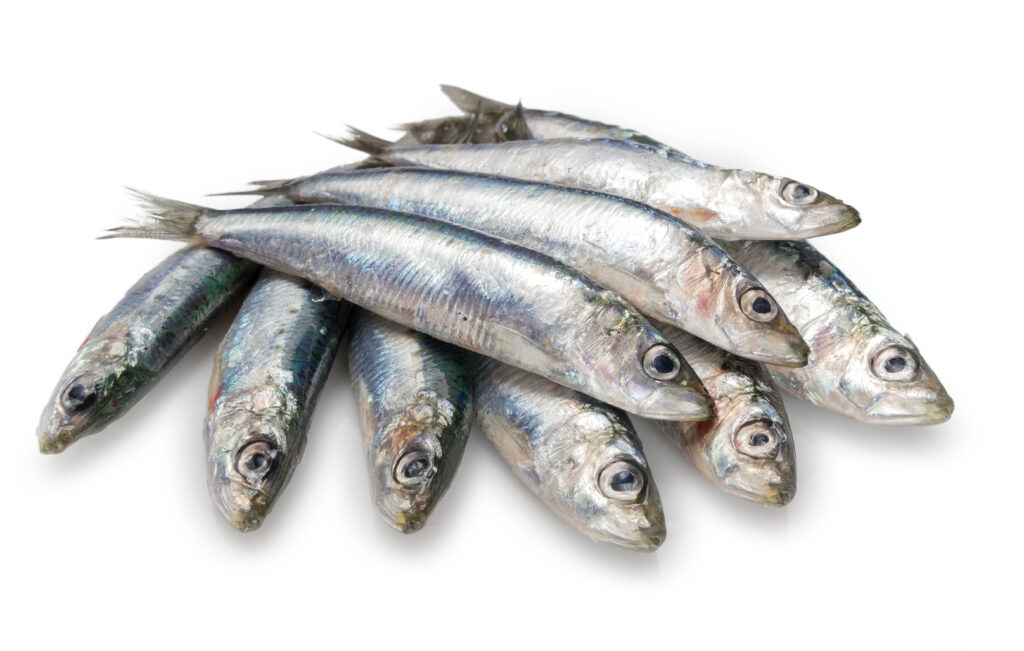Counter intelligence

February turned out to be an interesting month in terms of the retail market. Sales of chilled salmon increased by 7.8% year on year in terms of volume. The value of the sales also increased. Yet, at the same time, Tesco announced the closure of more of its meat and fish and hot food counters as shoppers appear to have lost interest.
The store group already closed nearly 100 fish counters in 2019 and had planned to close more at the time, but was persuaded to keep many open. It is now to close 317 more counters leaving 279 stores where there is sufficient local demand to keep the counters open. However, Tesco doesn’t say whether all these remaining stores will have a fish counter. They may be retained for hot food only. I already find it difficult to find stores with a fish counter so I imagine, if any are left open, they will be few and far between.
Although it might seem strange that salmon sales have increased at a time when Tesco has identified a lack of interest in its fish counters, the two are not actually connected. What these changes confirm is that the market for fish in the UK is still undergoing major transformation, but other than the salmon industry, the wider fish and seafood sectors have buried their heads in the sand.
Asda and Sainsbury’s have already closed their counters, leaving just Morrisons and Waitrose fulfilling any demand. I wouldn’t be surprised if Morrisons considered the economic justification for closing their counters too, but are reluctant to do so. Waitrose is trying to make its counters a unique selling point.
Regardless, most shoppers are no longer interested in buying fish from traditional fish counters. In common with other proteins, shoppers want easy-to-use portions sold through prepack and, in terms of fish, salmon provides the ideal product. This is because it offers the retail sector consistent supply, usually consistent price and consistent quality. These cannot be matched from the wild catch sector.
Over many years, I have always argued that the future of farmed salmon is in the development of added-value products and this past perception is now today’s reality.
As well as changing the way they buy fish, shoppers are also changing their shopping habits. The days of one large weekly shop in a hypermarket are numbered. Shoppers are buying smaller amounts in more visits to local small supermarkets. The limitation on space means that choice is restricted and this is especially true in terms of fish. At most, stores seem to offer, salmon, sea bass and a white fish only, as well as the ever-popular prawns.
This leaves many other species, including those that might have once been considered popular, with very little consumer demand. For example, whilst salmon volumes have increased by nearly 8%, sales of plaice have fallen by nearly 22%. Even haddock sales have fallen by 5%. The prospect of reversing these trends seems very dim.
The problem is that the fishing sector has remained relatively blinkered about market development. Every so often, consumers are encouraged to try something different to the big five – salmon, cod, haddock, tuna and prawns – but such advice largely falls on deaf ears. Consumers need a much greater incentive to change species or even to include fish in their diets at all.
The UK Government’s Seafood Innovation Fund is offering a total of £10m to help improve the seafood sector. Unfortunately, the fund has not encouraged “out of the box” thinking and to date, the only help aimed at developing the market has been a £25,000 project to change the name of “spider crab” to “Cornish king crab” and “megrim” to “Cornish sole”.
Needless to say, a simple name change has provided insufficient incentive to persuade consumers to buy these products. There had been hope that consumers would respond in the same way they did when pilchards were renamed “Cornish sardines”. However, their apparent popularity can also be measured by the fact that sardines don’t even feature in the same measure of fish sales from which the salmon data is taken.
Brexit has meant that the markets for many species have shrunk, as overseas markets that previously took many of the species unwanted by UK consumers have now become inaccessible. The wild fisheries sector seems to be running out of ideas.
My view is that it is easier to produce fish in the form that consumers want rather than try to persuade them to eat fish in the form it is produced. The salmon industry has learned this lesson over many years and that is why it is now so successful,
Producers of other fish species need to adapt the product to the consumers’ needs. The failure to do so is why Tesco is now shutting many more fish counters. The traditional counter setting is clearly not how many consumers now want to buy fish.

Pilchards

